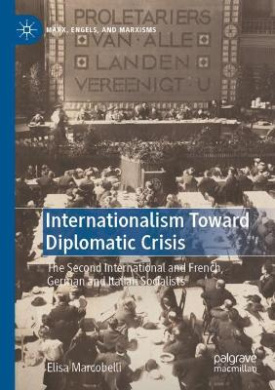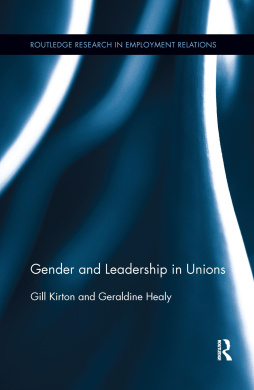Description
Elisa Marcobelli is a Postdoctoral Fellow at the University of Picardie-Jules Verne, France. In 2015 she defended a doctoral thesis at the EHESS in Paris, France, and at the FU in Berlin, Germany. She is a specialist of international socialism and of the French, German and Italian socialist parties, as well as of the history of the First World War. She has published, among others, La France de 1914 tait-elle antimilitariste? (2013) and L’Internationalisme a l’preuve des crises (2019). She is a member of the international research group on socialism EuroSoc, the Socit d’tudes jaursiennes and the editorial board of the review Cahiers Jaurs. 1. Chapter 1. Introduction 1.1. General introduction 1.2. Development of the research 1.3. Socialism in the three countries 1.3.1. France 1.3.2. Germany 1.3.3. Italy 1.4. Time frame of the research 1.5. Historiographic framework 1.6. Sources 2 Chapter 2. Creating a sense of community: the II International between 1889 and 1900 2.1 The II International, its practices, its opposition to war 2.2 Paris 1889 2.3 Brussels 1891 2.4 Zurich 1893 2.5 London 1896 2.6 The first challenge: the Fachoda crisis (1898) 2.6.1 A “war of nerves” 2.6.2 International reactions 2.6.3 The French attitude 2.6.4 In Germany and Italy 3 Chapter 3. “Doppelkrise” and shy reactions 3.1 The Russo-Japanese War 3.1.1 A conflict no so far away 3.1.2 International socialism and the conflict: Amsterdam 1904 3.1.3 The reaction of the Italian socialists 3.2 The first Morocco crisis 3.2.1 The Tangier crisis 3.2.2 A slow and cautious international response 3.2.3 Socialists confronting the Morocco crisis 3.2.3.1 In France 3.2.3.2 Reaction to reaction: wait-and-see attitude of the German Social-Democrats 3.2.3.3 French and Italians facing the German attitude 3.2.4 After the crisis 3.3 An internationalist practices: international inquiry 4 Chapter 4. Two-speed reactions 4.1 Stuttgart 1907: The discussion on the war 4.2 International tensions in 1908: an ISB resolution between Stuttgart and Copenhagen 4.3 The second Morocco crisis and the firs international reactions 4.3.1 The “jump of the Panther” 4.3.2 At the international level 4.3.3 Relations between parties: unity 4.3.4 The Jena Congress 4.3.5 French commentaries about Jena 4.3.6 Italian comments to the Jena congress 4.3.7 The limits of this unit: French uncertainties 4.3.8 The limits of this unit: the attitude of the PSI 4.4 The Italo-Turkish War 4.4.1 Context and meaning 4.4.2 PSI’s relations with the International 4.4.3 The Italian socialists facing the Italian-Turkish war 4.4.4 In France and Germany: the reactions 5 Chapter 5. Commitment against the war 5.1 The debates on military reforms and socialist imperialism 5.1.1 Military reforms in the three countries 5.1.2 Socialist imperialism 5.1.3 Italy and militarism in France and Germany 5.2 The Balkan Wars 5.2.1 The conflicts 5.2.2 ISB’s response 5.2.3 The Basel congress of 1912 5.2.4 French, German and Italian socialists and the situation in the Balkans 6 Chapter 6. Internationalism in crisis? 6.1 Before the war 6.1.1 An “improbable war” for the socialists? 6.1.2 Socialism around August 1914 6.1.3 At international level 6.2 The outbreak of the war 6.2.1 In Italy 6.2.2 In France 6.2.3 In Germany 6.2.4 New ministers Sembat and Guesde: German and Italian reactions 6.3 The Italian neutrality 6.3.1 Seeking to convince the Italian socialists 6.3.2 Mussolini and the war 6.4 Italy enters the war 7 Chapter 7. Conclusion






